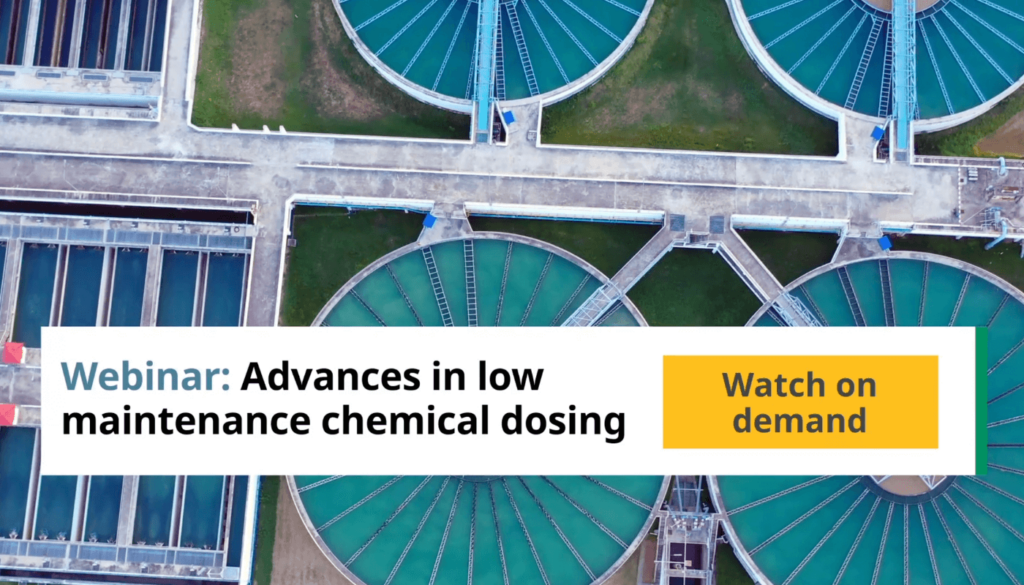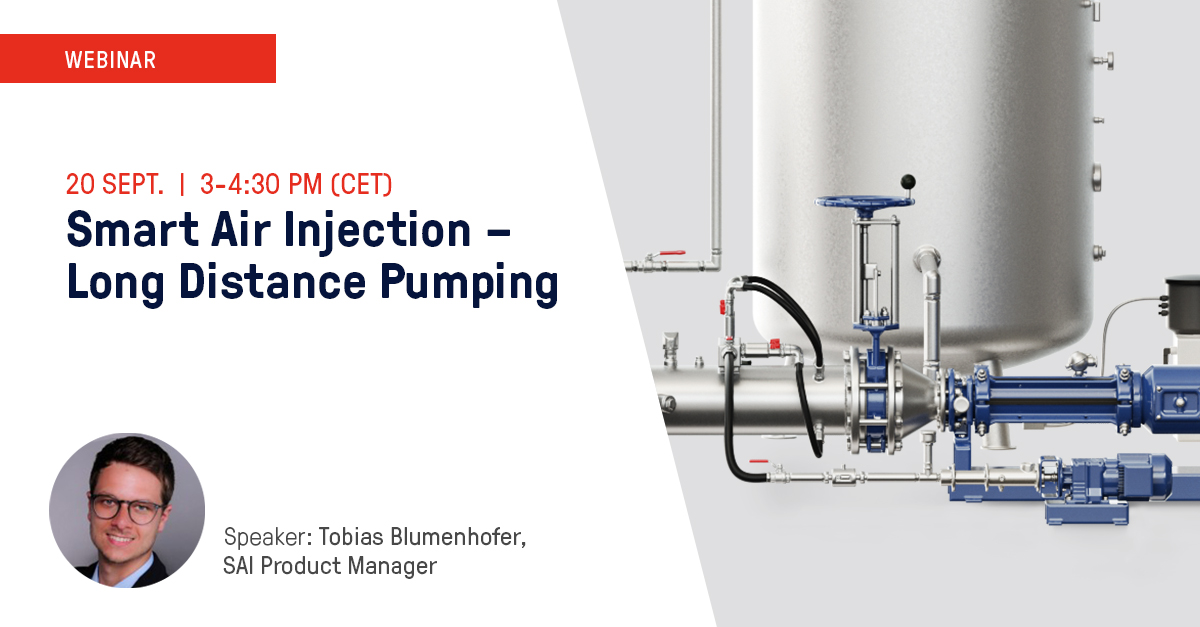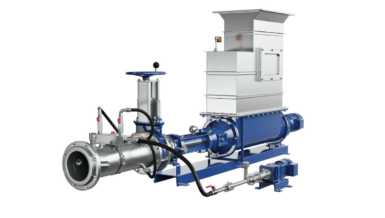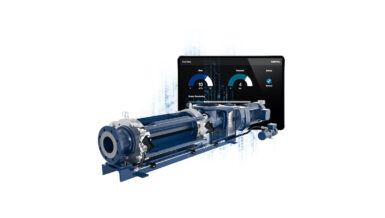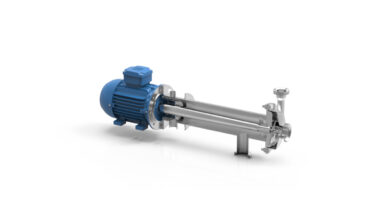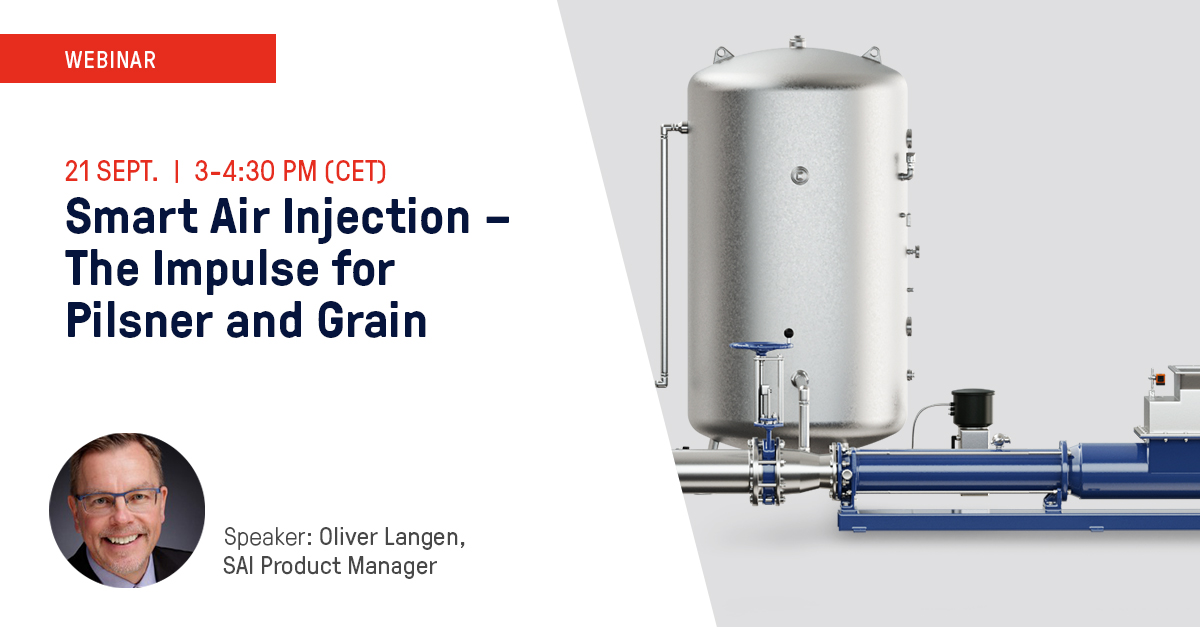Key discussion points
- Water and wastewater treatment challenges in the industrial and municipal markets.
- Mitigating dosing pump failure and reducing maintenance
- Latest equipment trials and future technologies new to the market
- Q&A with the panel
The panel consists of engineering professionals and water treatment specialists from Vessco and WMFTS, including:
- Mike St Germain – VP Process Industries
- Chris Miller – District Sales Manager USA
- Cory Sonner – Sales Engineer, Vessco Inc
- Joanne Vanderheyden – Global Business Development Operations Manager
With chemical dosing pumps, technical interventions are most commonly required for loss of prime and failure to feed. When such vital equipment is not working properly, it can mean impurities enter the system that damage other components and potentially degrade the whole process, adding extra cost.
The operator’s dream is for equipment with reliability designed in, where less maintenance is required day-on-day, month-on-month and year-on-year. Regulatory standards are tightening and the risk of fines and reputational damage if public health or environmental stewardship is compromised are major considerations.
At Watson-Marlow, we partner with customers throughout the world as they seek to develop resilient water and wastewater treatment systems.
This webinar looks at dosing chemicals in industrial and utility water treatment systems. With support from Vessco Inc, it explores how trials of the latest Qdos CWT chemical metering equipment, undertaken in real-world applications in the US, Italy and France, have demonstrated significantly longer lifespan.
Best practice in chemical dosing is a key factor in mitigating risks from breaches in health and safety and compliance. It can also mitigate disruption from routine maintenance and pump failure.
Eliminating the risk of treatment plant disruption is the dream of all operators and making chemical dosing as efficient as possible should be high on their list of best practice initiatives. It will be heartening to hear that these technologies to provide that peace of mind are under continual development and that the latest model is ready to go.



